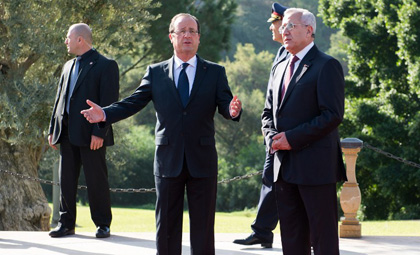Egypt plans to allocate EGP 700bn for total investments in human development in its FY 2025/26 plan, Minister of Planning, Economic Development and International Cooperation Rania Al-Mashat said during a presentation to the Senate.
Presenting the draft plan for economic and social development for the upcoming fiscal year, Al-Mashat stated that the government “began correcting the economic course in March 2024 with integrated policies and measures.” She added that “the fruits of reform are evident in the improvement of economic growth indicators in the first half of the fiscal year, supported by non-petroleum manufacturing industries.”
The minister noted that the plan document “follows a balanced approach that strengthens Egypt’s economic resilience amid crises, disturbances, and geopolitical tensions,” and affirmed that “the government is determined to continue the necessary measures to improve the investment climate and stimulate the private sector.”
Al-Mashat delivered the statement before the Senate’s plenary session, chaired by Counselor Abdel-Wahab Abdel-Razeq. She expressed appreciation to Abdel-Razeq and Senate members for their efforts in establishing democratic pillars and constructive discussion. She also thanked Hani Sari El-Din, Chair of the Financial and Economic Affairs Committee, and other committee heads for their input on the draft plan.
Exceptional Timing and Reform Efforts
Al-Mashat reaffirmed that the economic and social development plan for the upcoming fiscal year comes at an “exceptional time” for the Egyptian economy, amidst regional and global transformations. She stated that Egypt has managed to break free from a “vicious cycle” affecting the economy in recent years.
Since March 2024, the government has initiated corrective measures based on consistent fiscal and monetary policies, strict governance of investment spending, and policies stimulating foreign investments, Al-Mashat said. These efforts are supported by the implementation of the national structural reform programme, aiming to solidify macroeconomic stability.
The minister pointed to a “noticeable improvement” in the Egyptian economy’s performance, reflected in economic indicators showing growth of 3.5% in the first quarter and 4.3% in the second quarter of FY 2024/25, with an expected growth rate of about 4% for the year. This growth was primarily driven by non-oil manufacturing, a recovering tourism sector, and growth in communications and IT, despite external tensions affecting Suez Canal activity, she added.
Plan Framework and Pillars
Al-Mashat noted that the new draft plan is the first prepared by the ministry since the merger of the ministries of planning and economic development with international cooperation. It aligns with the ministry’s new framework, “Sustainability and Financing for Economic Development,” which links national and sectoral development plans and aims to maximise local and foreign financing sources and improve resource utilisation.
The plan maintains public investment limits in line with fiscal discipline goals, aiming to create space for macroeconomic stability and allow the private sector to lead development. It is prepared within a medium-term budget framework (FY 2025/26-FY 2028/29) and incorporates advanced planning tools to improve public investment efficiency and performance monitoring.
The plan is based on the continued implementation of the national structural reform programme, focusing on macroeconomic stability, competitiveness, business environment improvement for private sector participation, and a green economy transition. It also draws on the report “Advancing Economic Development in Egypt: Reforms for Growth, Jobs & Resilience” to shift towards an economic model based on sustainable growth in tradable and exportable sectors.
Key pillars of the FY 2025/26 plan include rationalising public spending, stimulating local manufacturing and innovation-based industries, and prioritising human development. The EGP 700bn allocated for total investments (private and public) in human development sectors (education, health, and other social services) in the FY 2025/2026 plan compares to EGP 447bn in the FY 2024/25 plan, an increase of over 56%. Public investments in these sectors are set at about EGP 327bn, representing over 28% of total public investments for the year.
Improving Investment Climate
Al-Mashat reiterated that the plan includes measures to improve the investment climate and stimulate the private sector through facilities and incentives. She noted ongoing negotiations with development partners to provide financing for the private sector, reflecting its attractiveness and the success of state-led structural reforms.
The plan also focuses on stimulating innovation and entrepreneurship through the Ministerial Group for Entrepreneurship, aiming to enhance the capacity of startups and the entrepreneurship ecosystem.




